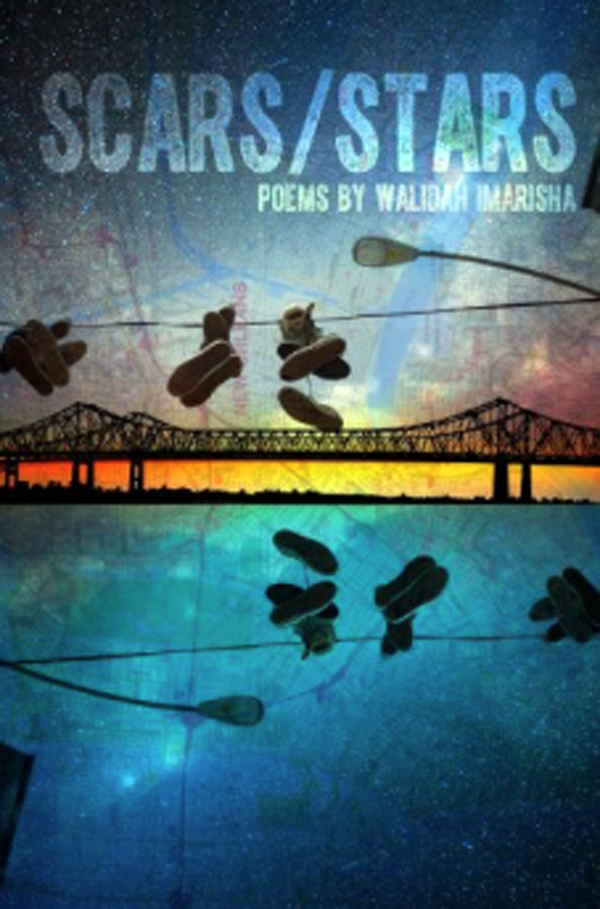KID REPORTERS’ NOTEBOOK
Writing Her Way Into a More Just World
Author and teacher Walidah Imarisha writes about the search for a more just society.
Walidah Imarisha is a writer, poet, educator, and public scholar who has taught at Stanford University, Portland State University, and Oregon State University. She now lives in Portland, Oregon, where she is a teacher and an author.
“I grew up on military bases as a child, mostly overseas,” Imarisha told me in a recent phone interview. “I was a kid who was always lost in my imagination, making up little stories to myself, and when I was able to, writing them down.”
Imarisha began to write poetry in high school and has been writing ever since. “It’s something I use to process my emotions,” she said.
SCARS TO STARS
In 2013, Imarisha published her first poetry collection, Scars/Stars (Drapetomedia Press). “The book explores the ways we have been injured individually, and in terms of society through oppression, which I explore a lot through my own identity as a Black woman,” Imarisha said. She wrote the poems, she added, hoping to help “turn the pains, these scars, into guiding stars to help lead us toward freedom.”
One poem, “Wade in the Water,” for example, describes the aftermath of Hurricane Katrina. The 2005 storm devastated New Orleans, Louisiana, after the levees holding back the Mississippi River gave way. Hundreds of people drowned, with poor Black communities disproportionately affected.
The poem reads, in part:
The Mississippi River
was dragged in the 60s to find
the bodies of three civil rights workers
murdered
by the klan.
dozns of human remains were found
all black all nameless
they were unimportant
to officials and bureaucracy and media coverage
and “good” race relations
so they were thrown back
to the river.
How many lives were submerged
until they stopped kicking?

Imarisha’s poetry explores the scars of racism.
“A MORE JUST WORLD”
Since 2013, Imarisha has published Octavia’s Brood: Science Fiction Stories From Social Justice Movements (AK Press, 2015), and Angels With Dirty Faces: Three Stories of Crime, Prison, and Redemption (AK Press, 2016).
“What has driven me is the desire to create a better, more just world,” the author said. “To me, writing and teaching are all part of ‘How do I dream and imagine a better future?’”
Imarisha loves the creative process, she said, putting her thoughts and ideas into words. “It’s not enough to write well,” she added. “You need to be really thoughtful about what you’re putting out and the impact it has on the world.”
